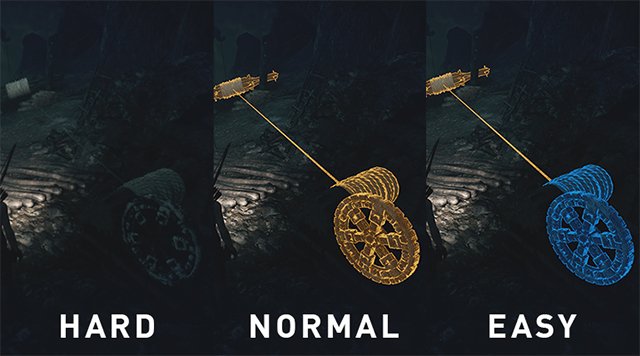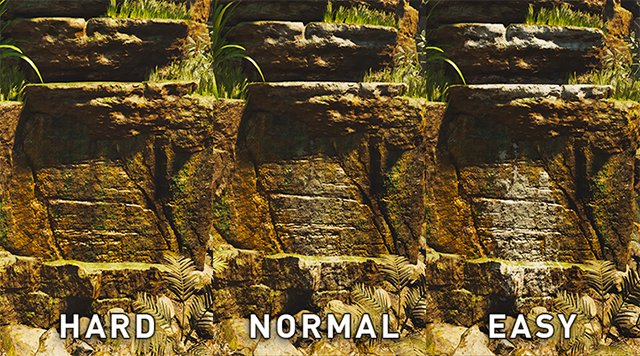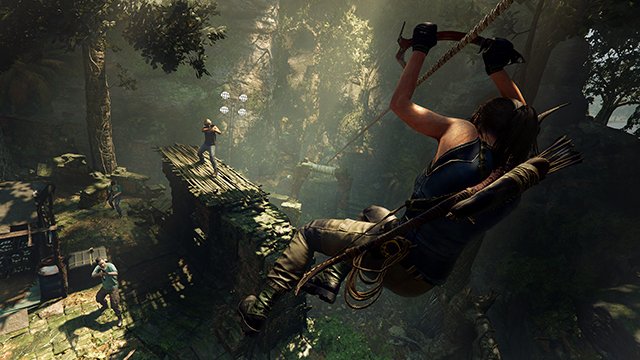From Microsoft’s upcoming Adaptive Controller to all the different button options in Uncharted 4, gaming is slowly starting to accommodate people with disabilities. It’s an underserved part of the population that is finally edging their way into the conversation. Shadow of the Tomb Raider is one of the next big titles to tout its accessibility features, as developer Crystal Dynamics revealed today. When the game launches on September 14, it will allow players to swap the analog sticks, change “tapping” button prompts to “hold,” lock the camera behind Lara’s back, and more.

Crystal Dynamics laid out the accessibility and difficulty options for Shadow of the Tomb Raider today on the game’s Steam page. It’s divided into three categories: buttons, audio, and difficulty. Each can be toggled independently.
In addition to being able to invert the Y-axis, switch off vibration, and reduce camera shake, players can also “soft lock” the camera to Lara’s back. This will better facilitate players that only use one analog stick since they won’t be forced to move the camera. Those same players can also put aiming on the left stick once they’ve held the aim button, although even that can be changed to a toggle. Mashing the button in quick time events and circular joystick motions can also be turned into a single, prolonged button press.
Audio options are similarly expansive. Dialogue subtitles can be color-coded for different characters, a feature not commonly seen in games. There will even be an option for environmental subtitles, allowing those who are hard of hearing to catch off-hand conversations between NPCs. Closed captioning for sound effects like musical cues and “relevant audio information” can also be turned on in the options.

Difficulty options are likely going to get the most attention since the game allows you to pick different options for combat, puzzles, and exploration. Easy combat has aim assist, highlighted enemies, and plenty of ammo. Normal is similar yet slightly less forgiving but hard axes automatic health regeneration, doesn’t highlight enemies, and takes away hit markers.
Puzzle and exploration difficulties are similar. Both highlight less of the main path as you scale up, with the path and puzzles completely blending in with the environment on hard. Lara will even give you fewer hints as you jump to higher difficulties, further pushing your tomb raiding skills. There’s also a Deadly Obsession mode that locks its to hard on all three modes, restricts saving to campfires (which require resources to light), takes away enemy alert HUD indications, and doesn’t let you bump it down to a lower setting.
These options may seem small, but they mean the world to people who struggle with physical disabilities every single day. Games are an escapist fantasy but they often put up unnecessary barriers for those who might need that escapism the most. Hopefully, other big games like Shadow of the Tomb Raider will follow this inclusive trend and let more people play.











